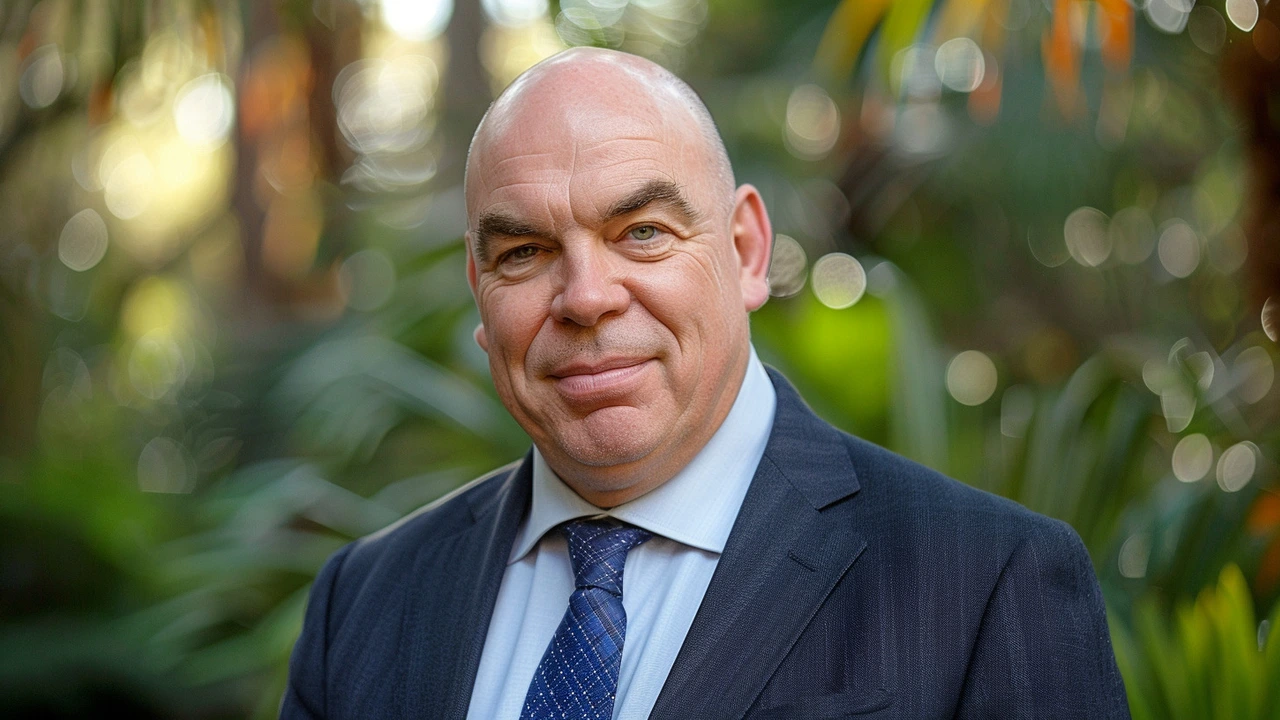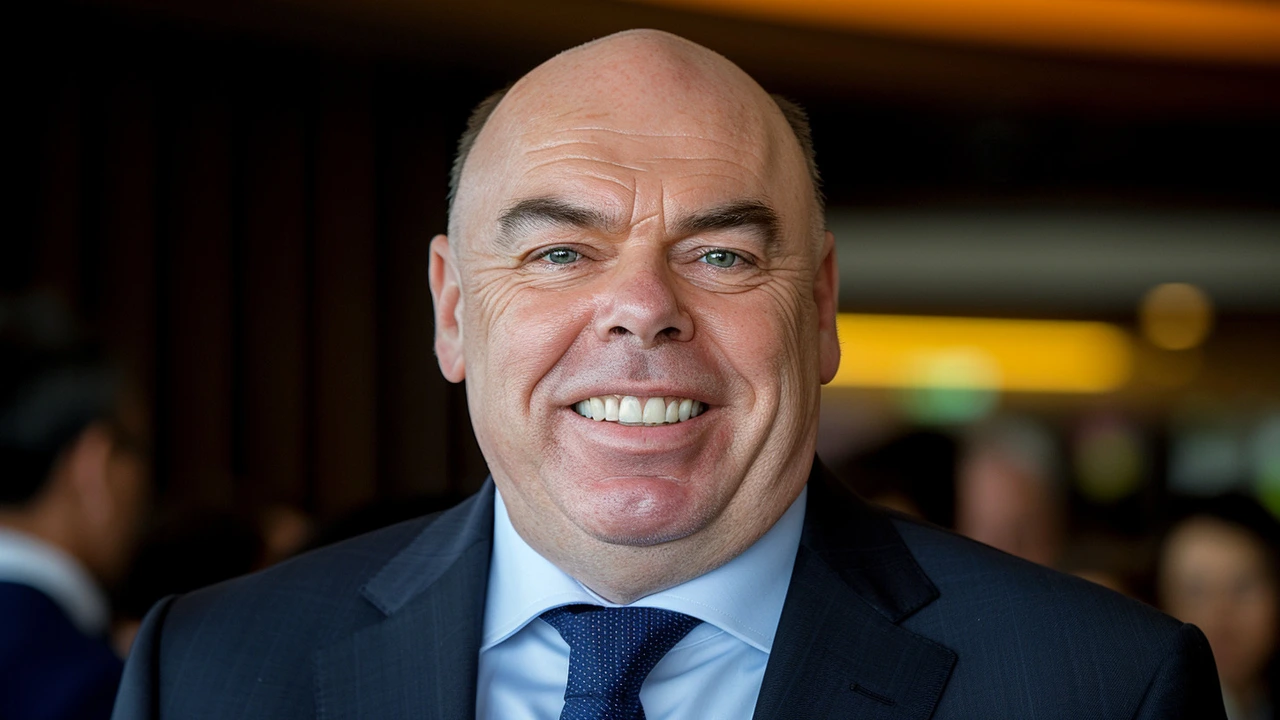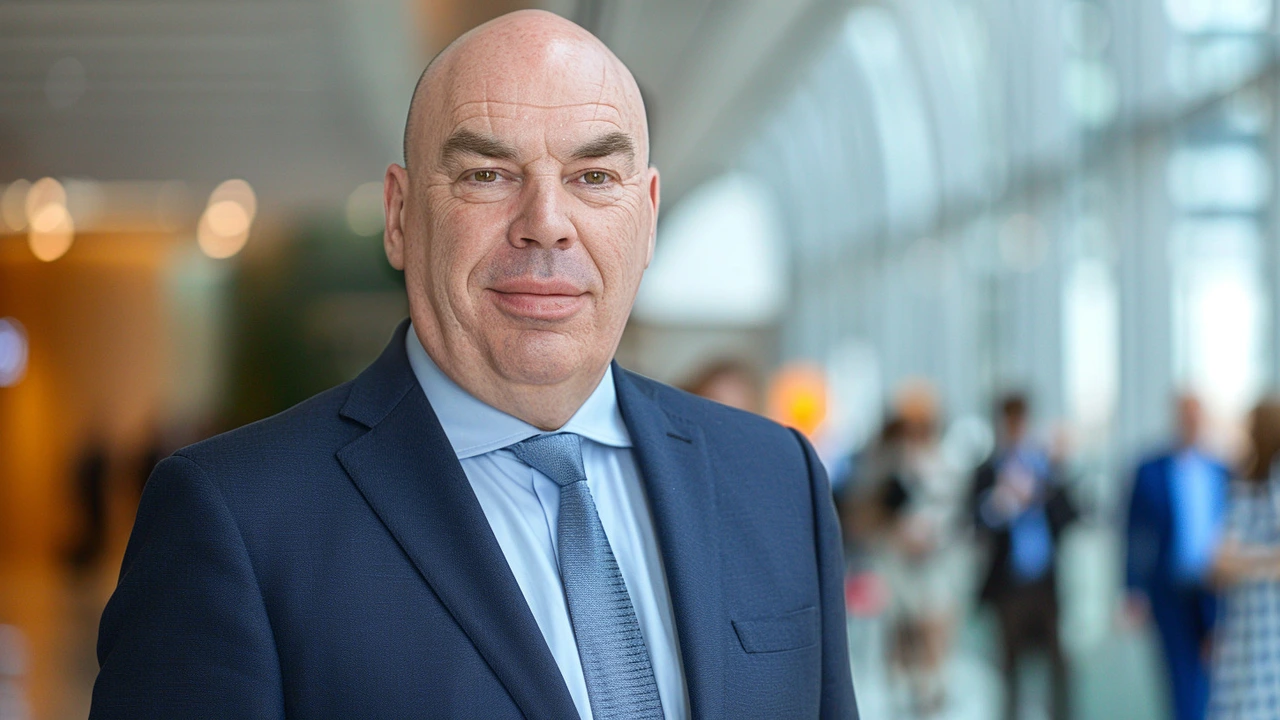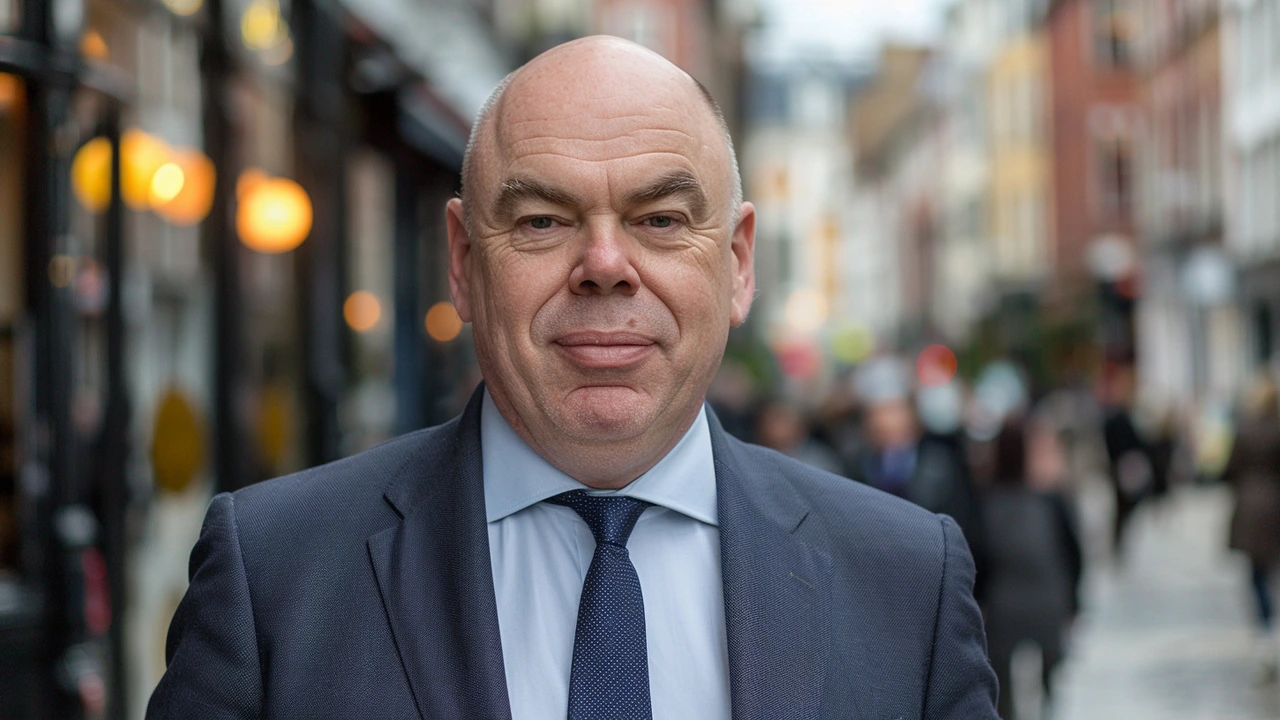Introduction
British tech entrepreneur Mike Lynch has been acquitted in a high-profile fraud trial concerning the sale of his software company, Autonomy, to Hewlett-Packard (HP) for $11 billion. The trial saw Lynch and former Autonomy executive Stephen Chamberlain facing serious allegations, including conspiracy and wire fraud charges. After three months of intense courtroom proceedings in San Francisco, Lynch and Chamberlain walked away cleared of all charges. This landmark ruling brings relief to Lynch and signals a significant moment in a prolonged legal battle that has captivated the tech world since 2011.
The Initial Sale and Subsequent Legal Battles
The controversy began when HP acquired Autonomy in 2011, a deal intended to bolster HP's software portfolio. However, within a year, HP wrote down Autonomy's value by a staggering $8.8 billion, citing 'serious accounting improprieties' and allegations that Autonomy's revenue had been fraudulently inflated. This led to a series of legal actions against Lynch and other key Autonomy executives. As the primary face of Autonomy, Lynch became the focal point of both civil and criminal investigations in the US and UK.

Details of the Accusations and Trial
Prosecutors alleged that Lynch and Chamberlain used various deceptive tactics to inflate Autonomy's financial health, such as backdating agreements and creating fake contracts. These practices were purportedly aimed at misleading HP and artificially boosting Autonomy's market value, making it a more attractive acquisition target. Over the course of the trial, which lasted three months, more than 30 witnesses took the stand, including former HP CEO Leo Apotheker. The prosecution's case revolved around the assertion that Lynch had orchestrated a scheme to deceive HP.
Lynch's Defense
Throughout the trial, Lynch resolutely defended his actions, maintaining his innocence and arguing that HP had failed in its due diligence before the acquisition. His legal team stressed that the financial discrepancies were not manipulations but rather misinterpretations by HP of legitimate accounting practices. Lynch testified that he had left financial decisions to Autonomy's Chief Financial Officer, Sushovan Hussain, who was separately convicted of fraud in 2018 and was recently released from US prison. This defense painted a picture of a mismanaged integration process rather than a fraudulent scheme orchestrated by Lynch.

Jury's Verdict and Reactions
The jury's decision to acquit Lynch and Chamberlain marks an end to a significant chapter in this long-running saga. Lynch expressed immense relief at the verdict, emphasizing his eagerness to return to the UK and renew his focus on innovation. The acquittal has been seen not only as a personal victory for Lynch but also a critical moment for entrepreneurs and the tech community, underscoring the complexities of large-scale acquisitions and the importance of thorough due diligence.
HP's Ongoing Civil Litigation
Despite the criminal case conclusion, the civil litigation between HP and Lynch continues. In 2022, HP won a civil lawsuit against Lynch and Sushovan Hussain in a London court, where the company is seeking $4 billion in damages. The exact amount of damages has yet to be determined. This ongoing battle highlights the lingering financial implications of the failed acquisition and HP's commitment to pursuing what it deems as justice for its shareholders.

Conclusion
The acquittal of Mike Lynch in this high-stakes fraud trial is a testament to the intricate nature of corporate acquisitions and financial assessments. While HP maintains its stance in civil court, Lynch's cleared name allows him to look forward to new ventures. This case serves as a reminder of the importance of watertight due diligence and transparent financial practices, especially in transactions involving billions of dollars. As Lynch steps back into the tech sphere, the industry watches closely, anticipating his next move in innovation.


but then again hp messed up their own due diligence
how do you pay 11 billion and not check the books properly?
kinda reminds me of when my uncle bought a used car and blamed the seller for the engine falling out
lol
but if an indian guy did this in the us theyd lock him up for 20 years
double standard much?
imagine the podcast deals
the Netflix docu-series
the TED Talk where he cries while holding a coffee mug
he’s not cleared-he’s been reborn as a tech martyr
the real fraud was HP’s ego
what a shocker
next time just buy a toaster
also lynch seems like a chill guy tbh